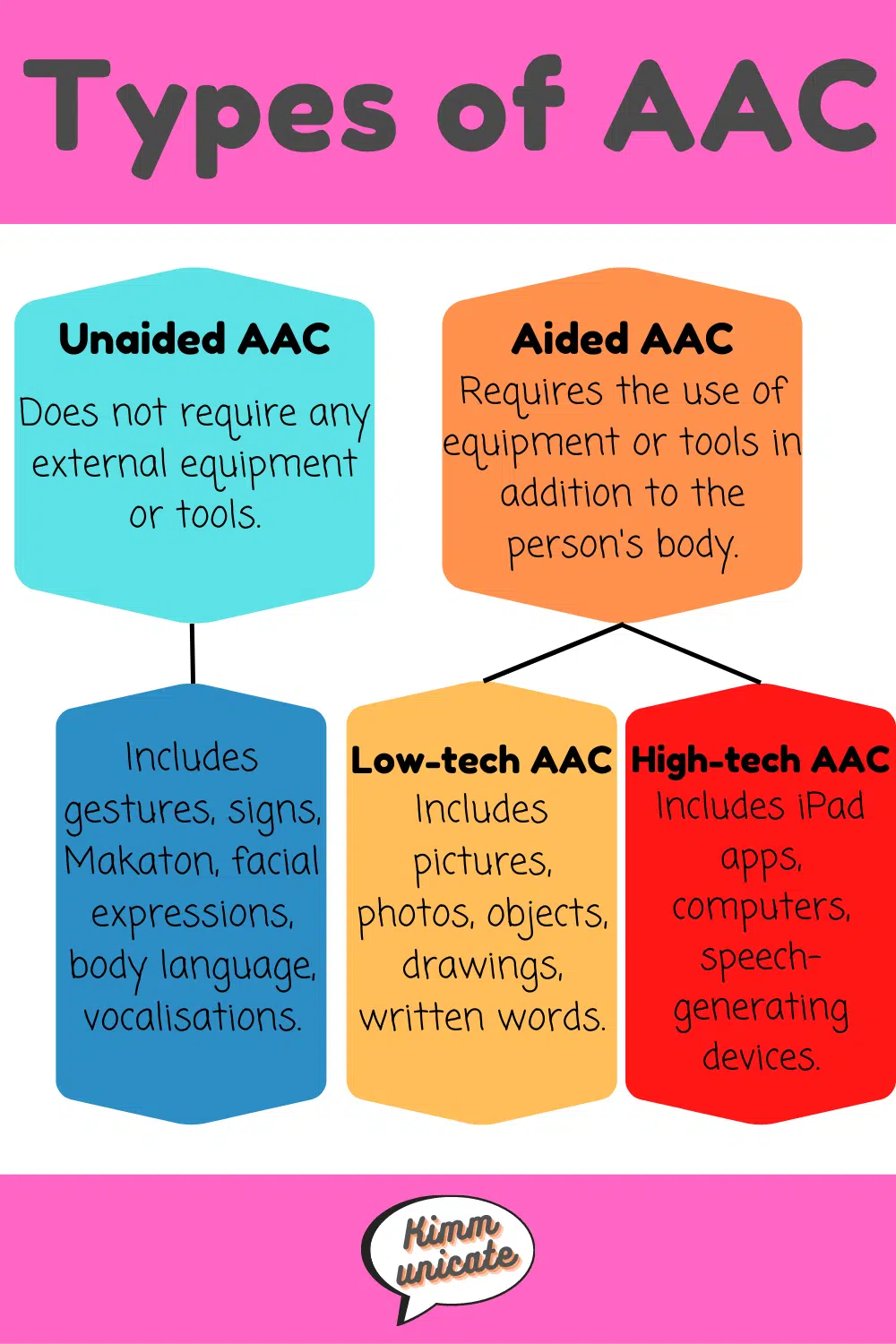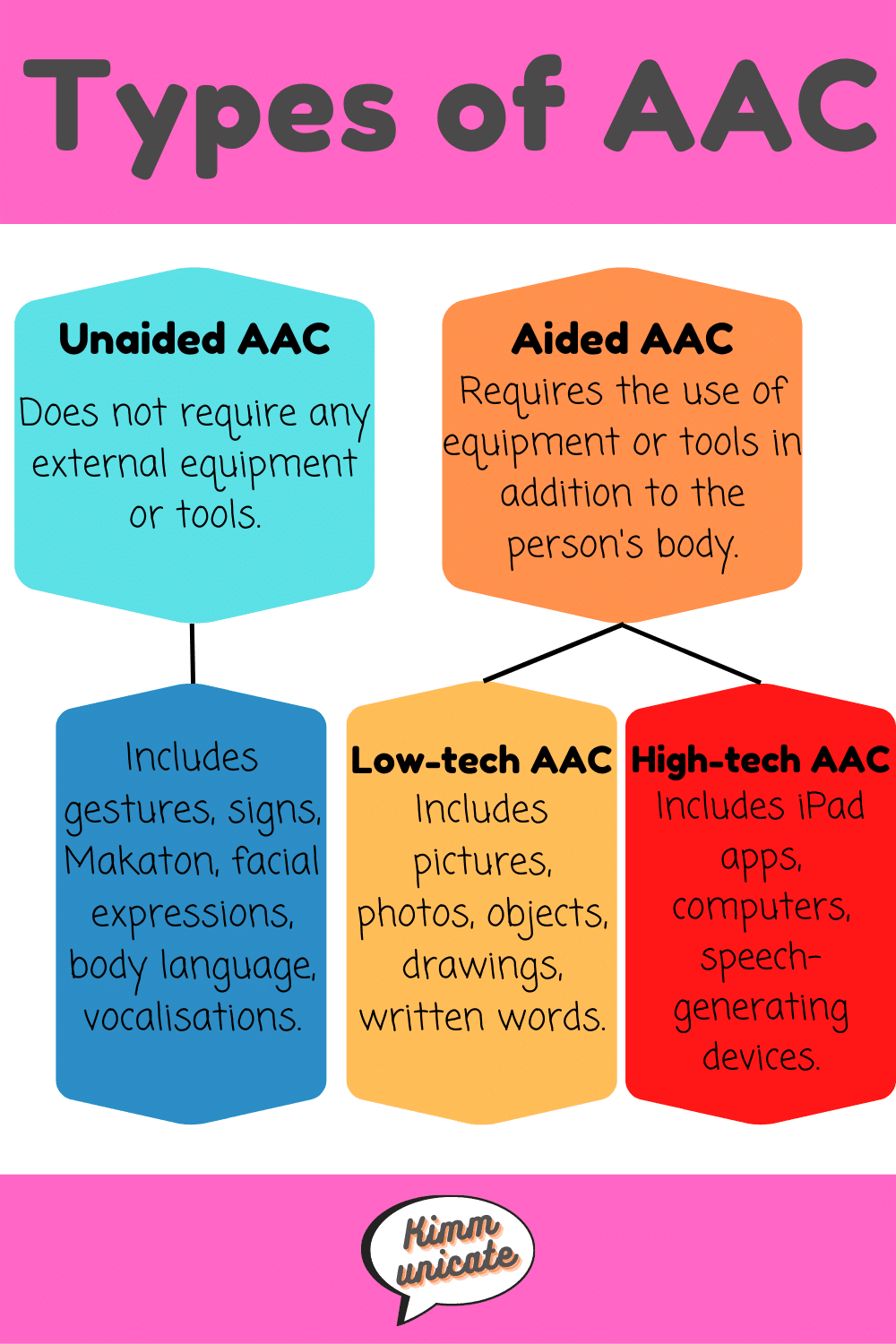Angelman Syndrome (AS) affects the nervous system, resulting in unique behavior and physical characteristics. If your child has AS, here’s what you may notice:
- Developmental Delays: Struggles with crawling, walking, and movement balance.
- Speech Limitations: Might only form few words or none.
- Intellectual Challenges: Severe learning difficulties and problem-solving issues.
- Distinct Movement: Noticeable tremors, jerky movements, and balance issues.
- Unique Behavior: A happy demeanor, excessive excitability, frequent laughter, and sociability.
- Seizures: Common in AS, varying from mild to severe.
- Sleep Issues: Irregular sleep patterns, frequent waking during the night.
- Physical Traits: Wide mouth, widely spaced teeth, lighter skin, and hair, flat back of the head.
Remember, these symptoms could be linked to other conditions, so a genetic consultation is crucial for accurate diagnosis and treatment. Despite challenges, with support and intervention, your child can lead a fulfilling life.
This post was originally published on Feb. 4, 2023. It was updated on May 31, 2023.














